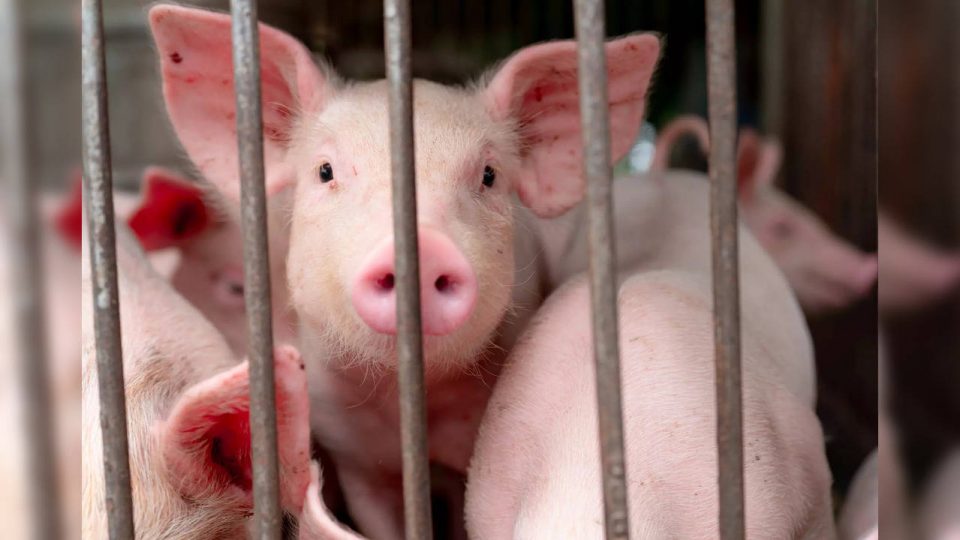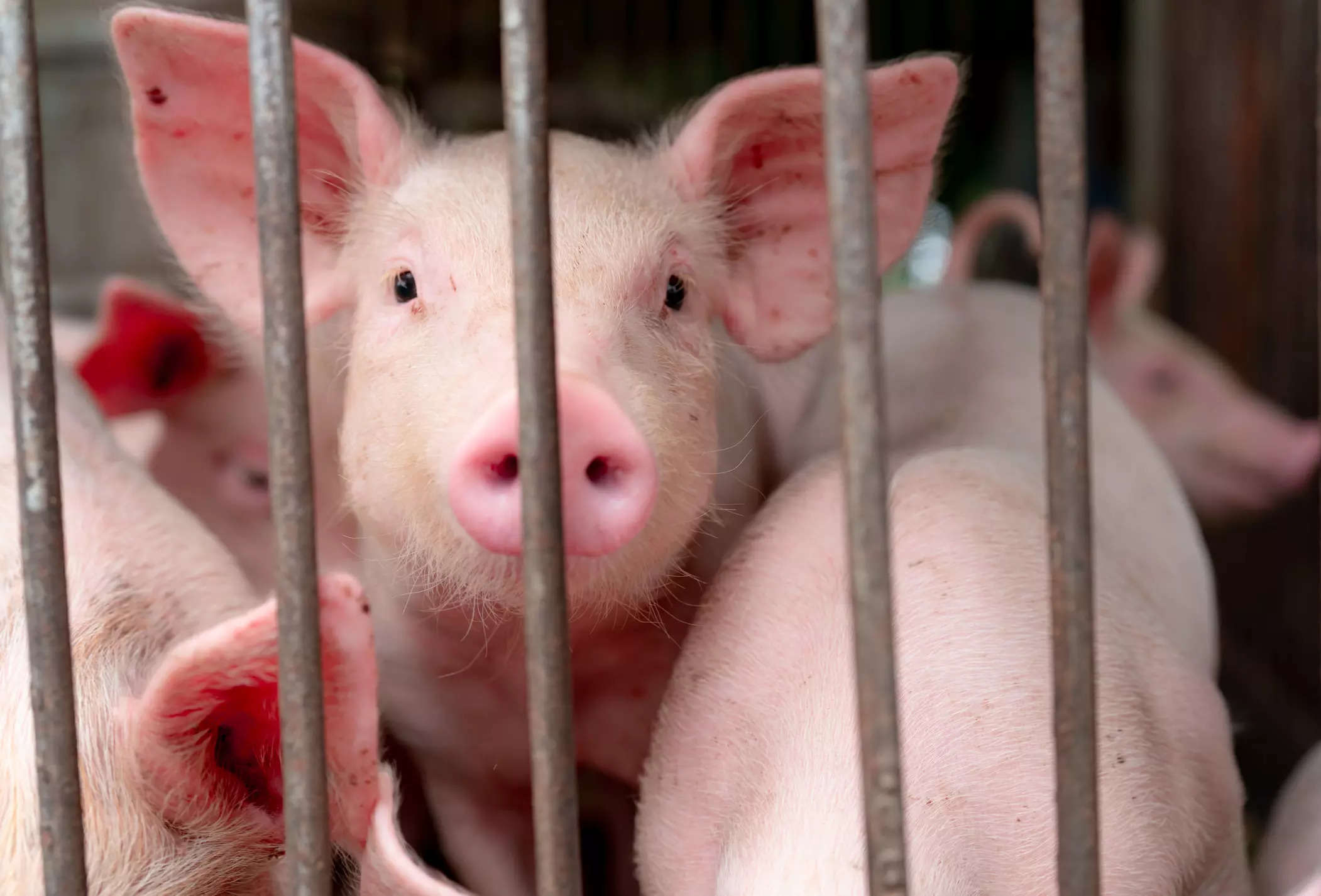What is African swine fever?
Africa swine fever is a viral, contagious disease affecting pigs and wild boars raising the death risk significantly. This disease, first detected in the early 1990s in Africa does not affect people and since its discovery had spread to Asia, Europe and America.
Why is African swine fever a concern in humans?
African swine fever does not affect humans but is still a cause of concern as it is a food safety issue. It can have an impact on the production of pork products and their procurement from affected countries. To date, there is no known effective vaccine or treatment available for African swine fever, and the transmission of the disease is also complicated to control. Experts stress on the importance of movement restriction, and herd depopulation as necessary steps to curb the virus’s spread.
How do pigs contract the disease?
Pigs can contract the flu through live or dead pork products, contaminated feed or ticks. Humans could also contribute to it by carrying the virus in their clothing or shoes. The virus can survive for days on surfaces like vehicles and for weeks in raw meat and months in frozen products. The virus has a 5 to 12-day incubation period and infected animals may continue to show clinical signs of the virus or may go on to shed it for a prolonged period.
Disclaimer: Tips and suggestions mentioned in the article are for general information purposes only and should not be construed as professional medical advice. Always consult your doctor or a dietician before starting any fitness programme or making any changes to your diet.



